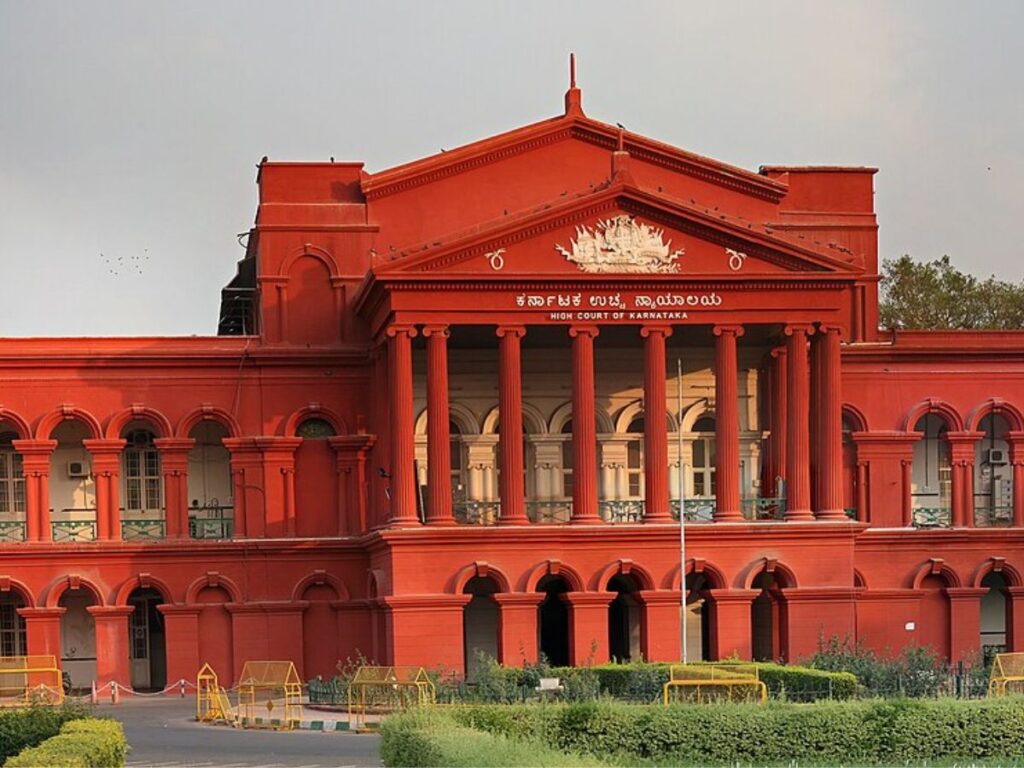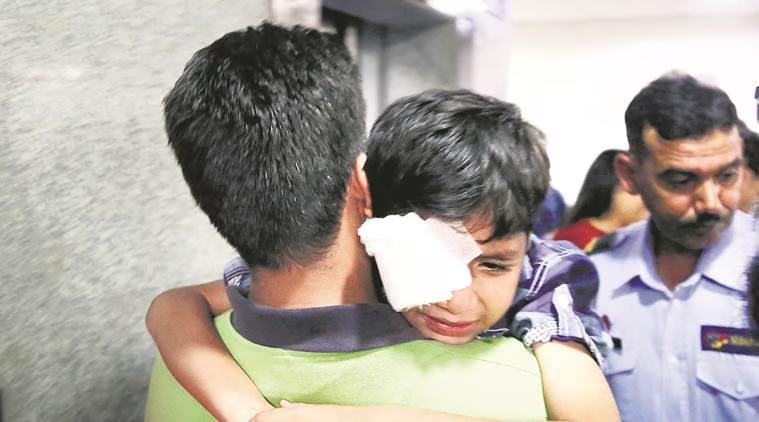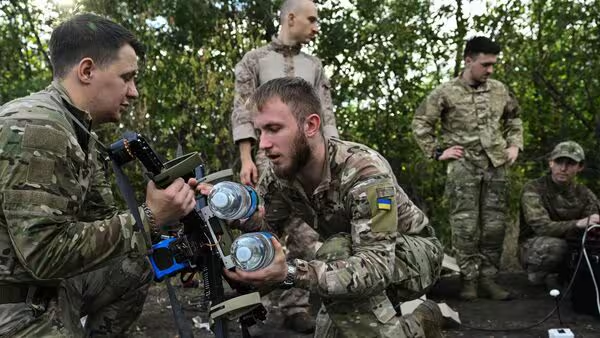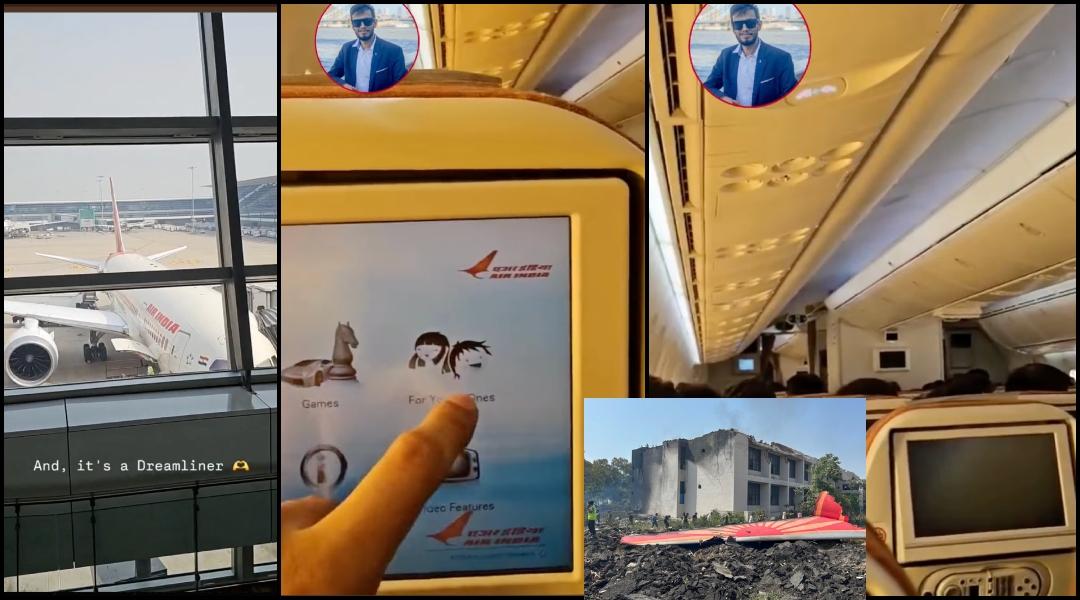Now Reading: Delhi Police Busts IS-Inspired Terror Module: What We Know, What It Means
-
01
Delhi Police Busts IS-Inspired Terror Module: What We Know, What It Means
Delhi Police Busts IS-Inspired Terror Module: What We Know, What It Means
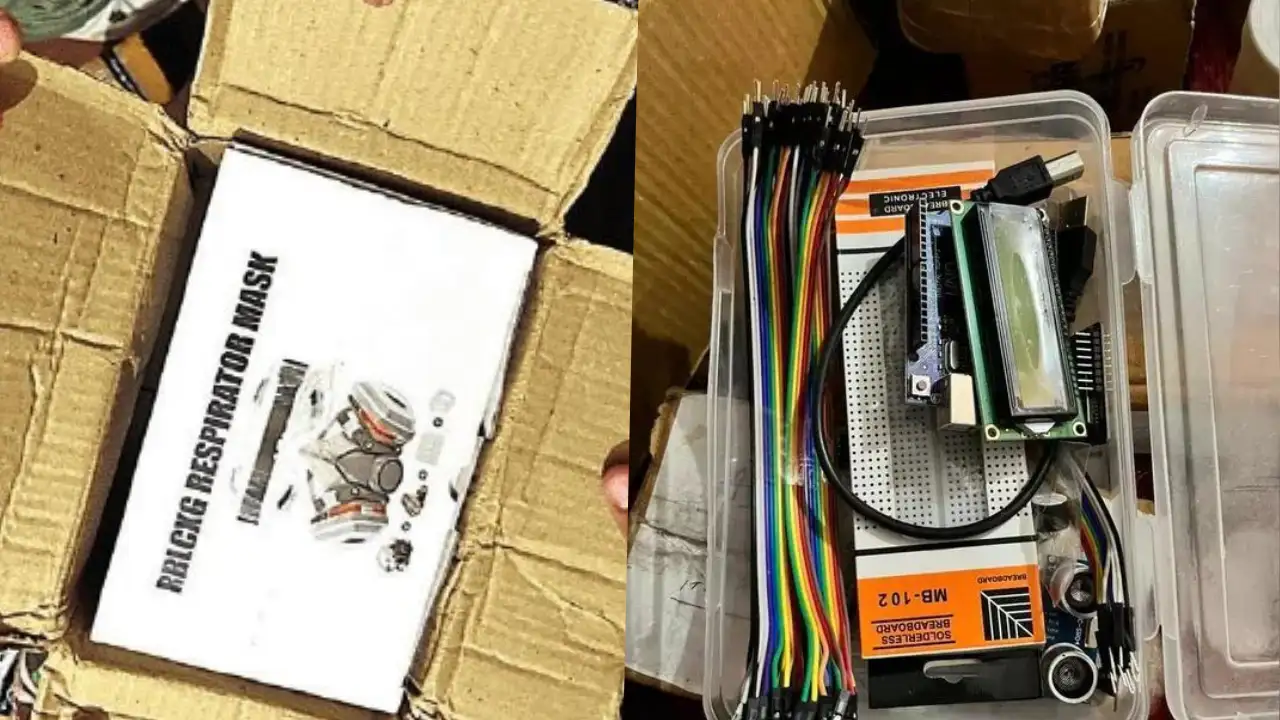
India has foiled a serious terror plot after arrests in multiple states. The Special Cell of Delhi Police, acting on intelligence inputs, detained several suspects linked to an ISIS-inspired module. The operation, involving coordinated raids in Delhi, Ranchi, Hyderabad, and other cities, uncovered materials believed to be for bomb-making and extremist activities. This development raises big concerns for public safety, law enforcement, and communities—especially beyond major metros.
Who Was Caught, and How
Authorities arrested at least five people so far, with several detained for questioning. Names mentioned include Aftab, Sufiyan, and Ashar Danish, among others. Raids were carried out in Delhi, Mumbai, Ranchi, Madhya Pradesh, and Hyderabad. Officials recovered IED-making materials, weapons, electronic components, and devices with suspected use in radicalisation and coordination.
The Modus Operandi
Investigators say the suspects were in touch via encrypted messaging apps. There are indications of links to handlers outside India, including possibly Pakistan. Communication channels seem to have been used both to radicalise youth and arrange logistics or materials for terror acts. The recovered items include acids, electronic boards, ball bearings, and other chemicals often associated with improvised explosive devices.
Risks for Tier-2 Cities
While the operation took place in big cities, the danger isn’t limited to them. Smaller towns often have fewer security resources, less public awareness, and weaker local intelligence networks. Extremist modules can try to recruit or radicalise individuals in Tier-2 cities via social media or messaging apps. When local communities aren’t alert, fake job offers or promises of religious fulfilment could become channels for recruitment.
Government Response & Law Enforcement
The Delhi Police Special Cell, alongside state units and central agencies, is leading the probe. Multiple raids, forensic analysis of seized devices, and legal action under laws relating to terrorism, communal harmony, and illegal arms are underway. Authorities are also checking if the network extends further, who financed it, and what terror plots were being prepared.
What Citizens Should Be Aware Of
Verify any overseas contact or recruitment offer, especially those requesting money or personal data. Be cautious about sharing extremist content or joining online groups that preach violence. Report suspicious behaviour—unusual gatherings, unverified messages—to local police or cybercrime units. For families in smaller towns, discussing radicalisation risks openly can help prevent trapdoors.
Conclusion
The busting of this ISIS-inspired terror module shows both how real the threat remains and how coordinated efforts by law enforcement can help pre-empt danger. While metros often get most attention, Tier-2 cities must stay vigilant, too. Vigilance, transparency, and strong legal action are essential to ensure safety.




